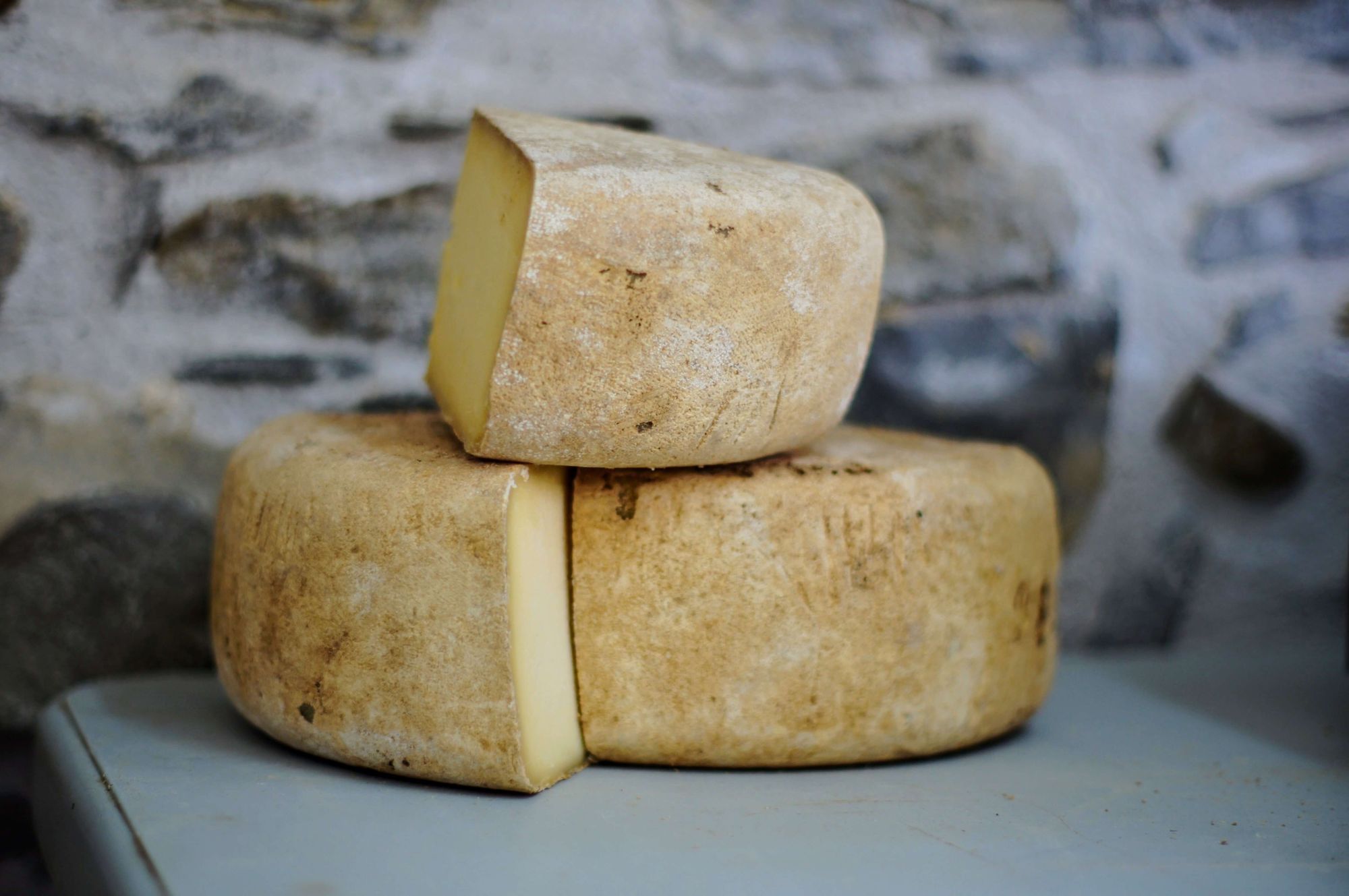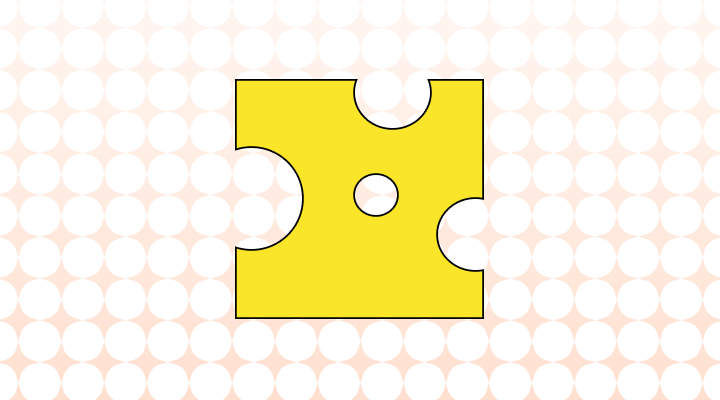- "Chease" is the incorrect spelling of "cheese."
- "Cheese" is a dairy product made from the curdled or coagulated milk of various animals, typically cows, goats, or sheep.
❌ She sprinkled a generous amount of Parmesan chease over the hot pasta, enhancing its flavor with a savory touch.
✅ She sprinkled a generous amount of Parmesan cheese over the hot pasta, enhancing its flavor with a savory touch.
In this sentence, "incumbent" functions as a noun and refers to the current holder of the mayoral office. The sentence suggests that the current mayor, who has already served two terms, is now running for re-election in the upcoming municipal elections.
Cheese (n.)
1. A solid or semi-solid food product made from the curd of milk, separated from the whey and then processed, ripened, and often aged.
2. (a) More specifically: The coagulated and compressed curd of milk, ripened with the aid of bacterial or fungal cultures and rennet, and often containing salt. May be of various textures (soft, hard, etc.) and flavors (mild, sharp, etc.). Used as food, either alone or as an ingredient in dishes. (b) Colloquially: Any of various other food products resembling cheese in form or consistency, made from plant-based milks or other non-dairy ingredients. (e.g., vegan cheese, nut cheese)
3. Informal
- Something of inferior quality or value. (e.g., "That movie was pure cheese.")
4. Slang
- Something that is overly sentimental or melodramatic. (e.g., "Don't give me that cheese.")
Note: This definition does not encompass the full cultural and historical significance of cheese, but it provides a concise and dictionary-style explanation of the term.

Examining the graph below, we can see that the "cheese" and "chease" differ in the frequency of use; "cheese" is used more extensively.

How do we pronounce cheese?
In American English, "cheese" is pronounced cheez.
In British English, "cheese" is pronounced cheez.
These are just the standard pronunciations, and there may be slight variations depending on regional accents and individual speech patterns.
🖊️ How to Use the Idiom "The Cheese Stands Alone" in Everyday Conversation
🖊️ Diner vs Dinner: Unraveling the Culinary Confusion
Why does the misspelling of cheese as chease occur?
The misspelling of "cheese" as "chease" can happen for several reasons:
1. Lack of Familiarity: Those unfamiliar with the word "cheese" might not know the correct spelling and attempt to guess based on similar words or pronunciation.
2. Autocorrect Issues: Autocorrect features in typing software can sometimes make unexpected changes. Depending on the algorithm, "cheese" might be incorrectly changed to "chease" if the autocorrect interprets it as a typo.
5. Visual Similarity: The visual similarity of "e" and "a" can sometimes trick the eye, leading to misreading the word and potentially misspelling it during writing.
Enlist the help of an AI proofreader to prevent your written work from having any grammatical errors.
Other misspellings of cheese
Below are other common misspellings of "cheese" other than "chease."
- Chineese
- Cheenese
- Chinees
- Chinise
- Chinnese
- Chnese
- Chines
- Chinsese
- Chiness
- Chiniese
Example sentences of the misspelling of cheese as chease
Below are example sentences highlighting that “chease” is an incorrect spelling.
- The correct spelling is "cheese," not "chease."
- Please use "cheese" instead of "chease" for accurate representation.
- It's important to note that the right way to spell it is "cheese," not "chease."
- Ensure proper usage by writing "cheese" rather than "chease."
- The accepted spelling is "cheese," and avoiding "chease" is crucial for clear communication.
Example sentences of cheese
- She crafted a delicious sandwich with layers of ham, lettuce, and Swiss cheese.
- The artisanal cheese board featured a selection of aged cheddar, brie, and gouda.
- The pizza was generously topped with melted mozzarella cheese.
- For a quick snack, he grabbed a handful of crackers and a wedge of creamy blue cheese.
- The chef recommended a rich and flavorful Parmesan cheese to complement the pasta dish.
- The wine and cheese pairing event showcased the harmony between different varieties of cheeses and wines.
- The children enjoyed making grilled cheese sandwiches with gooey melted cheese oozing from the sides.
- The salad was drizzled with a tangy feta cheese dressing, adding a burst of flavor.
- The cheese fondue was a hit at the dinner party, with guests dipping bread and vegetables into the velvety mixture.
- The bakery offered a delightful assortment of pastries, including a savory option with feta and spinach.
Related words to cheese
- Dairy
- Fromage
- Curd
- Queso (Spanish)
- Formaggio (Italian)
- Casein
- Curds and whey
- Moulded milk
- Dairy product
- Cheesefare (archaic)
Want to sound like a native speaker?
Engram’s AI-powered grammar checker makes your English sound like a native speaker’s, suggesting natural English expressions on top of fixing grammar, spelling, punctuation, word order, and vocabulary.

References:














